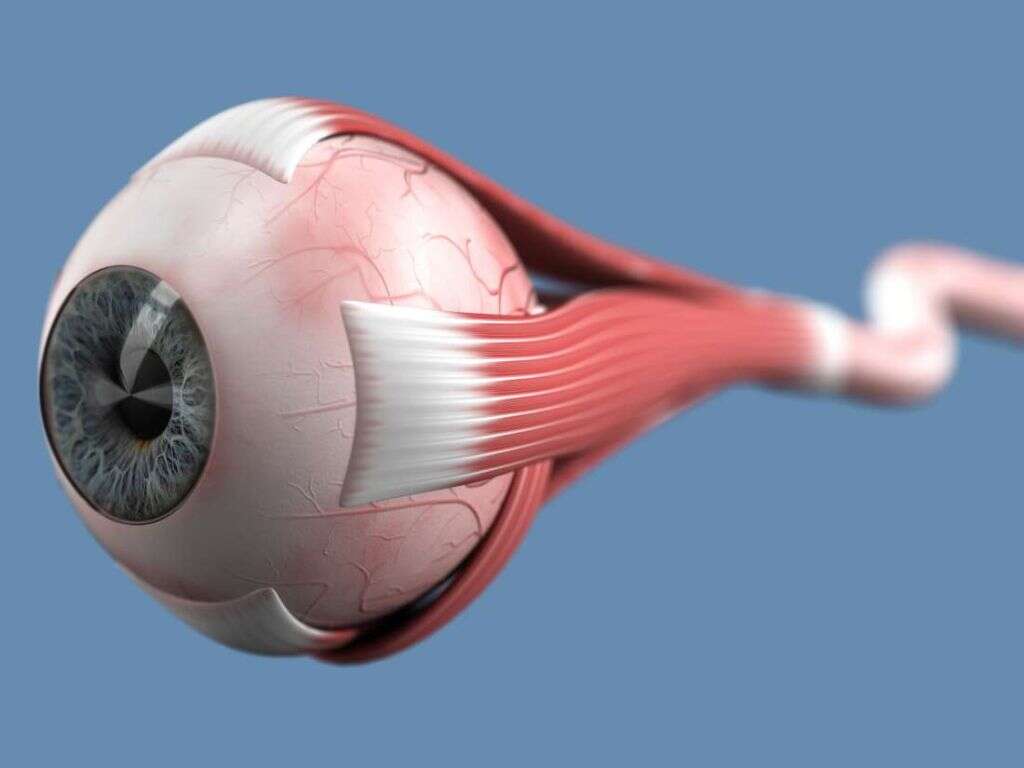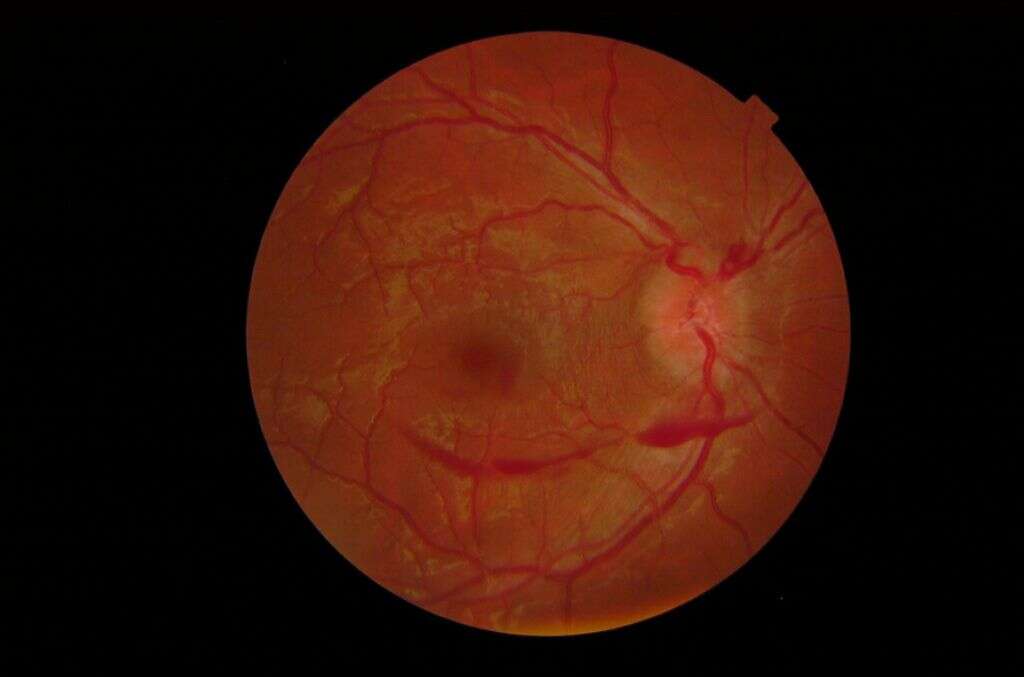What Is Papilledema?
Papilledema, also called papilledema, is a condition that affects the optic disc of the optic nerve on the back surface on the inside of the eyes. The condition usually develops as a consequence of increased intracranial pressure. The condition usually affects both eyes, although it can occur in only one eye. The condition causes disturbances in vision, headaches, and nausea among other symptoms.
Papilledema is a serious condition that comes about as a result of underlying conditions such as brain tumors, encephalitis, meningitis, and other brain infections. The condition should therefore be treated as soon as possible to prevent permanent damage. If left untreated, papilledema can lead to impaired vision. It may even be life threatening if its underlying cause is a serious disease such as meningitis.

1. Symptoms of Papilledema
There are several symptoms associated with papilledema. The most common signs are short-lived blurring or loss of vision. The patient may also see flashes of light for brief moments. If the intracranial does not go back to normal, the brief changes may occur for minutes or even longer, and with time may become permanent. Other symptoms include nausea and vomiting, noise in the ears, also called tinnitus, and headaches.

2. Causes of Papilledema
The swelling of the optic disc, also called papilledema is a result of high intracranial pressure. This means that the underlying conditions that lead to increased pressure are the true causes of papilledema.
When the pressure around or within the brain increases significantly, it presses against other tissues including the optic nerve. This compression causes the optic disc, which is the end part of the optic nerve within the back of the eye, to swell.

3. Underlying Causes
There are many conditions that can cause the intracranial pressure to rise and thereby lead to papilledema. These include cerebral hemorrhage, intracerebral mass lesions, meningitis, spinal cord lesions, impaired cerebral sinus drainage, idiopathic intracranial hypertension, abscess in the brain, brain inflammation, and head trauma.
Abnormalities in the cranium such as hydrocephalus can also lead to increased intracranial pressure, and papilledema.

4. Diseases and Conditions Associated with Papilledema
Any disease or condition that causes an increase in intracranial pressure can be associated with papilledema. This is because besides pressing on the brain, the increased pressure compresses the optic nerve, causing the optic disc to swell, which interferes with vision.
This means that diseases such as high blood pressure, especially idiopathic intracranial hypertension, hydrocephalus, encephalitis, meningitis, brain abscess, spinal cord lesions, cerebral hemorrhage, and head injury can all be linked with papilledema.

5. Complications of Papilledema
Blindness or some degree of vision loss are the most important vision complications of papilledema. Other complications of untreated papilledema, and more so the untreated underlying causes, include constant headaches, seizures, stroke, brain damage, and even death.
These complications can be minimized if the condition is diagnosed early and comprehensive treatment commenced without delay.

6. Disease Process
As stated elsewhere, papilledema begins with brief moments of blurring of vision, flashes of light, and bursts of vision loss. At first, these symptoms come and go within seconds. However, as the intracranial pressure increases further, the patient may experience longer periods of vision blurring, and even impairment of vision.
This happens because the intracranial pressure remains high, or it increases even further, thus compressing the optic nerve and causing increased swelling of the optic disc. If the condition remains untreated, the patient may start getting headaches, feel nauseated, and may even vomit. Ringing in the ears, called tinnitus, may also occur.

7. Can Lifestyle and Diet Help Ease Papilledema?
Maintaining a healthy weight can help maintain normal intracranial pressure, considering that excess body weight can lead to hypertension including idiopathic intracranial hypertension, one of the causes of increased intracranial pressure. Besides, overall body health can benefit by maintaining a healthy body weight.
Ways to maintain healthy body weight include eating a healthy diet that contains fruits, vegetables, is low in salt, drinking adequate amounts of water, and exercising regularly. Some medications such as corticosteroids, lithium, isotretinoin, and tetracycline may increase intracranial pressure, which can lead to papilledema. For this reason, papilledema patients should avoid these drugs and request for alternatives in case they need medications for some conditions. Additionally, patients with papilledema should sleep with their heads and trunks elevated to about 30 degrees to help lower intracranial pressure.

8. Diagnosis
Doctors use a device called an ophthalmoscope to examine the eye internally in the diagnosis of papilledema. MRI imaging may also be used for more details, and to find out what could be causing the increase in intracranial pressure. During treatment, MRI is used to monitor the efficacy of the treatment.
Once papilledema has been diagnosed, further tests will usually be required to determine its cause, and therefore, help plan for the best treatment.

9. Treatment
While doctors can carry out a lumbar puncture to drain the extracerebral spinal fluid, or prescribe medications such as diuretics, ACE inhibitors, and beta blockers to reduce intracranial pressure; these treatments would only provide temporary relief. This is because, without addressing the cause of the increase in intracranial pressure, papilledema will keep recurring.
For this reason, treatment for papilledema includes finding its underlying cause and treating it. In other words, there is no treatment that is specific to papilledema, and each case must be dealt with individually. It is worth noting that some of the causative conditions for papilledema such as meningitis, and brain tumors, are life threatening and therefore require immediate attention.

10. Long-Term Outlook
The long-term outlook for papilledema is usually not bad if the condition occurred on its own. However, papilledema is generally caused by underlying diseases or conditions. Sustainable treatment of the condition would, therefore, happen if the underlying condition is determined and treated.
As long as this is done, and commenced early enough before serious optic nerve damage occurs, a papilledema patient can lead a normal life and enjoy good vision.












